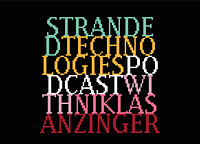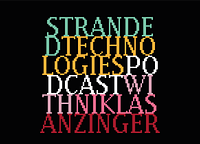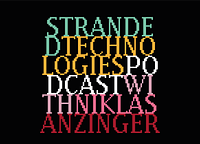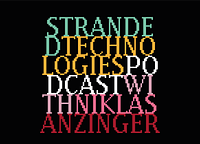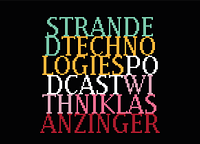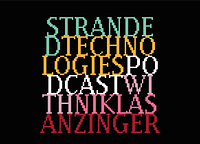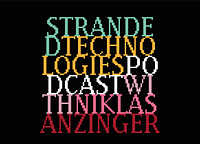
The Infinita City Times
Infinita is building a network city for longevity biotech acceleration, starting with a first physical hub in Prospera ZEDE, in Roatan (Honduras). This is the Infinita community's main channel for news, podcast episodes, event announcements & more.
By subscribing, I agree to Substack’s Terms of Use and acknowledge its Information Collection Notice and Privacy Policy

